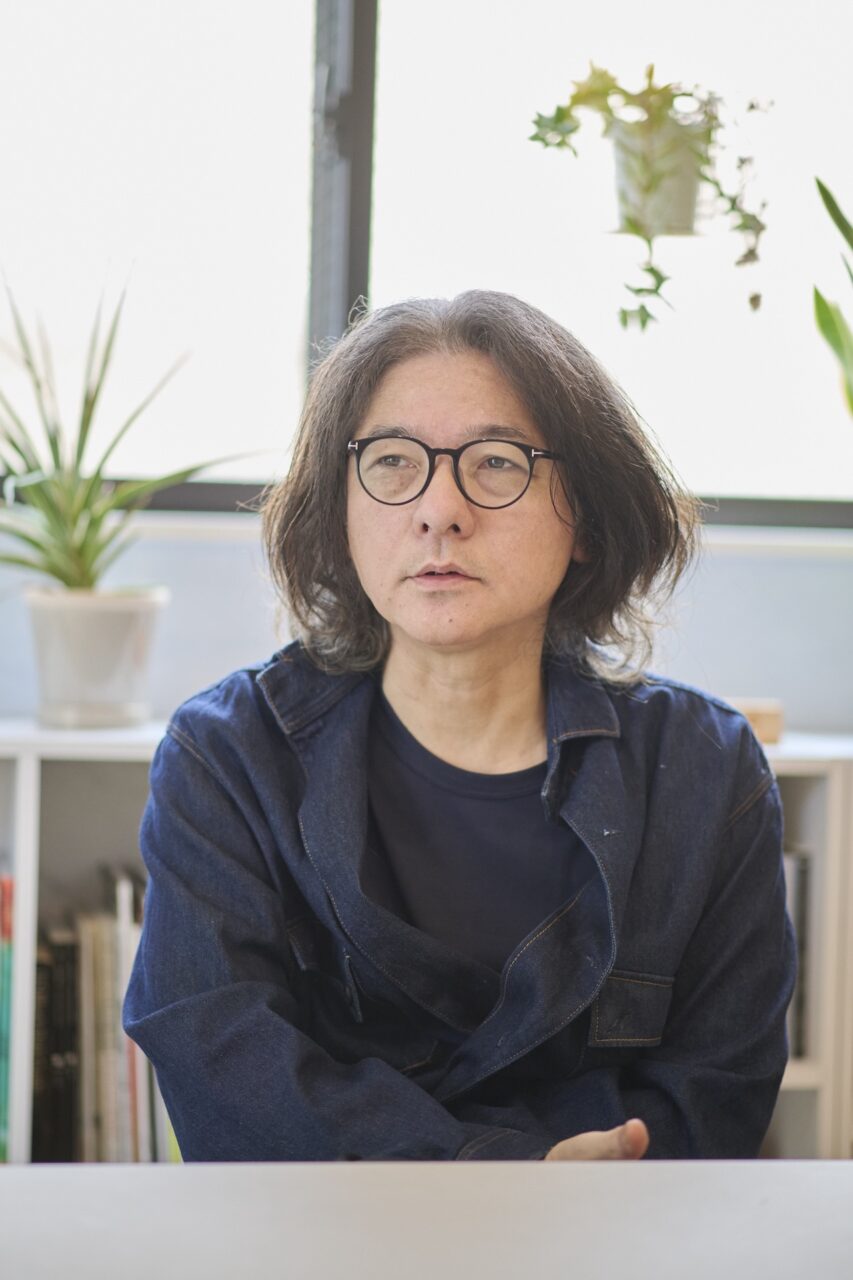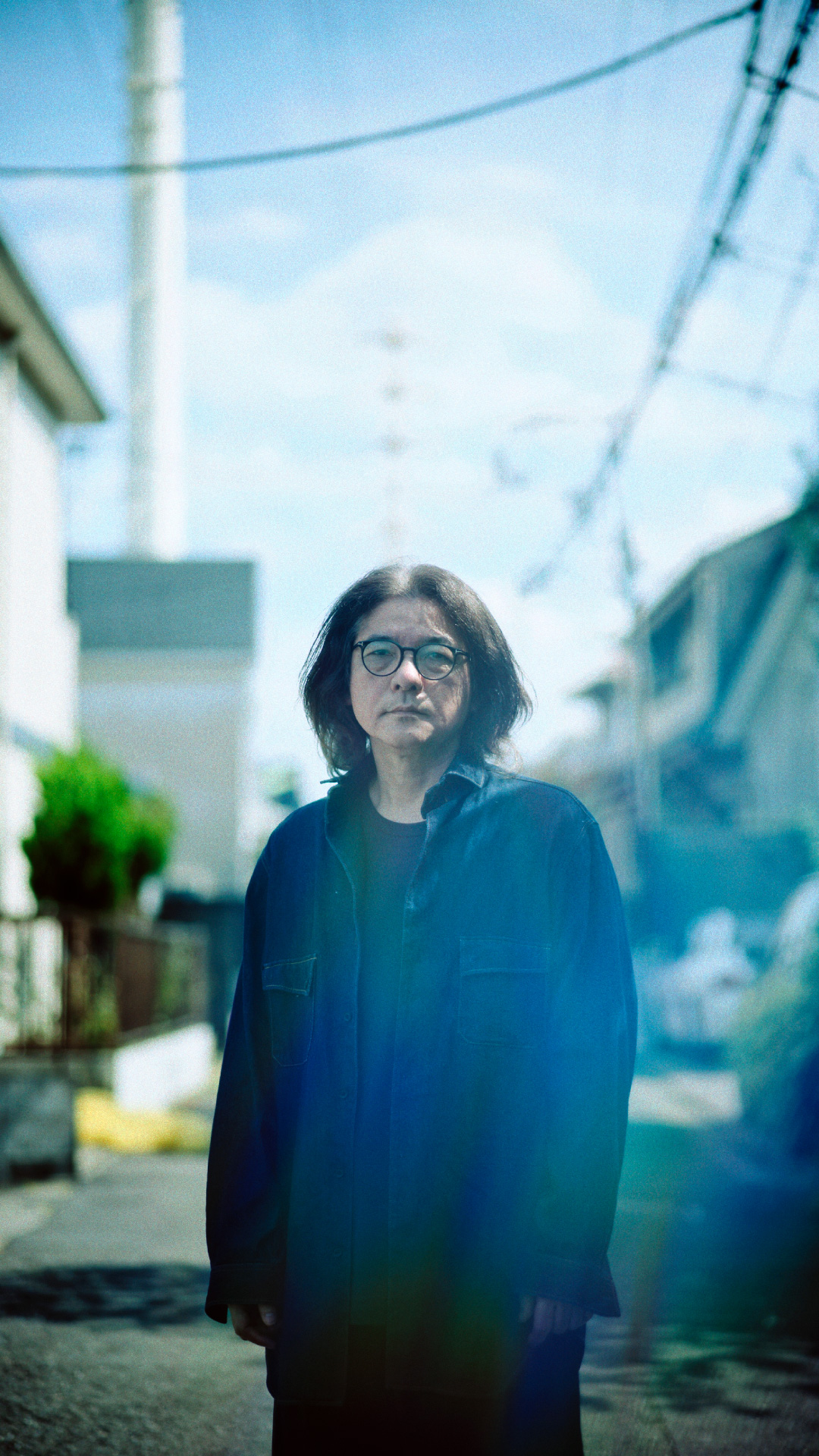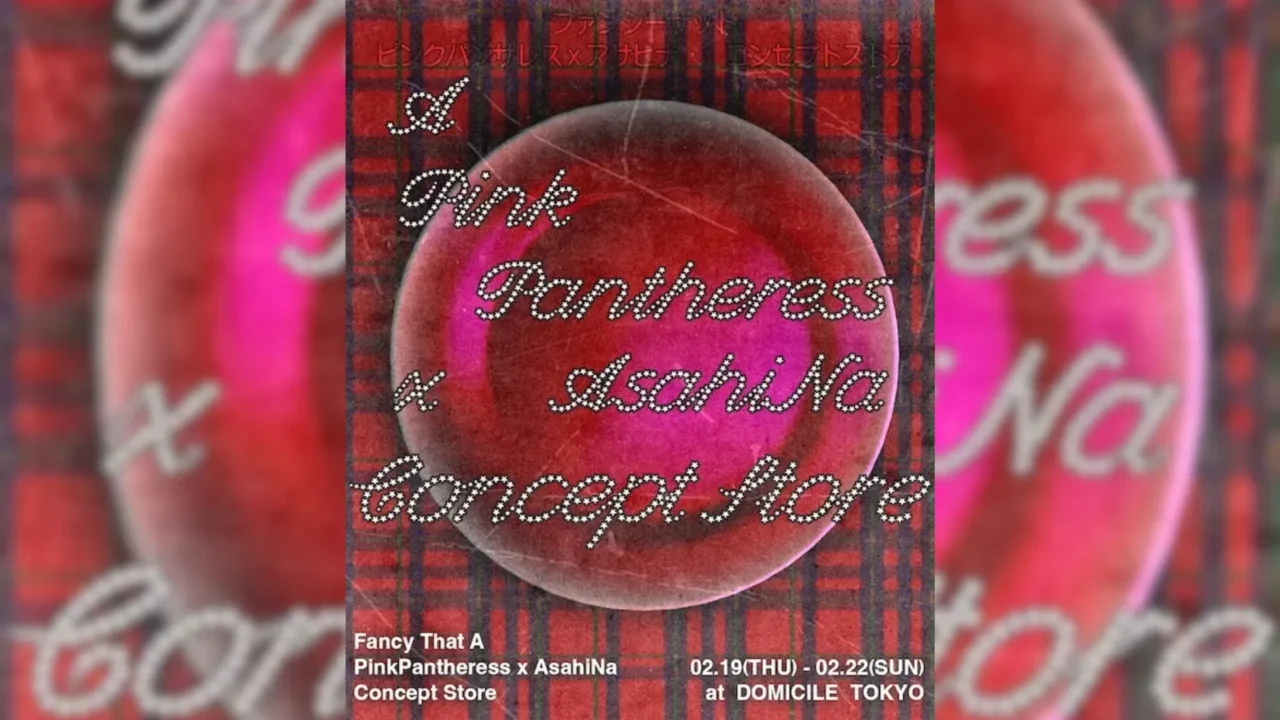INDEX
Leaving Even a Fragment in Someone’s Memory — The Joy of Encountering a Work
The 4K re-release of your debut film Love Letter this April has attracted a lot of attention from younger audiences. It truly embodies the “universality” you aim for as a director.
Iwai: Speaking of music, recently the theme song from The Case of Hana & Alice (2015) went viral on social media in India. It’s called “fish in the pool.” I originally composed it when I was a student. It’s quite moving to see a song I made years ago being used in videos overseas — it really brings a sense of full circle.
Iwai: When we make a film, we put everything into it, striving for our own version of perfection. But once it’s out in the world, any way people interpret or experience it is fine. What truly matters is the fragment of the film that sticks in each viewer’s memory. That fragment might be very different from what I originally intended. That’s the fascinating part. For example, in Love Letter, Miho Nakayama plays two roles, but some people didn’t realize this and watched it thinking it was the same person until the very end. That was intriguing to me. For that viewer, that’s their Love Letter, and that’s perfectly okay.
So even if the way the film is appreciated is unexpected, the important thing is that people have connected with it?
Iwai: Exactly. Even if someone has only seen the trailer or a poster, that’s enough. It’s a gift if the film leaves even a small impression on someone’s memory, because it means you’ve taken up a tiny space in their mind. No one remembers every detail of a film perfectly; the brain simplifies and condenses it. How the audience transforms and holds onto it — in whatever form — that’s what matters. Nowadays, with clips and fragments circulating online, film is inevitably broken down into pieces. For me, it’s fine if people watch on their phones or just save it to a favorites list. The key is that they’ve encountered the work. From there, if it inspires other creators, whether through homage or even copying, if my ideas get passed along like a baton and become part of new creations, that’s wonderful. No matter how fragmented my work becomes, if it remains in someone’s memory, that’s the greatest reward as an artist.

So even leaving a small fragment in someone’s memory brings joy to the work itself.
Iwai: I have plenty of books I’ve bought but haven’t read yet, and I look forward to the moment I finally do. Just having come across them holds meaning. Even if I never read them and eventually discard them, they’ve taken up a bit of my time to consider whether they’re worth it. In the same way, I think my works — my “products”—probably cause more disruptions than I realize in various places. That’s why I truly value the countless small encounters and farewells where a film “exists.”
You mentioned “homage.” NJZ (NewJeans) music videos are filled with tributes to your work. How do you feel about that?
Iwai: I’m really grateful. It’s a true miracle that my older works are still remembered after all these years, and it brings me joy regardless of the form it takes. Recently, Love Letter was re-released in China and surprisingly ranked third on opening day, even alongside new films. In South Korea, a small theater re-screened All About Lily Chou-Chou, which became a long-running success with over 10,000 viewers. It’s incredibly rewarding to see younger generations discovering and appreciating the films.

























